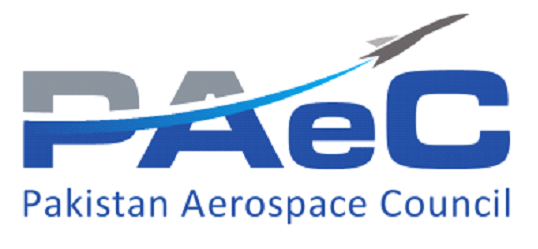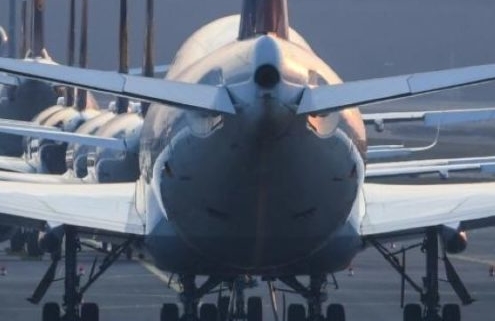Corona Virus Could Hurt Aviation Over the Long Term
For aviation, and many industries, the COVID-19 crisis is hitting faster and harder than any previous crisis. For the past six weeks airline capacity cuts, fleet groundings, and sadly, layoffs, have happened at a shocking pace, along with talk of halting jetliner production, many more layoffs, and of government aid for the afflicted parties. Time is racing by, and it’s very difficult to anticipate developments five days, or even five hours, ahead.
Strangely, it might be easier to discuss five years ahead. What will the long-term impact be of this unprecedented disaster on the aviation industry? Here are the following possibilities;
Private aviation boosted, or not.
Whenever a pandemic or terrorist incident strikes, there’s an anecdotal upsurge in wealthy people considering private aviation as an alternative to scheduled air transport. This makes sense, but has never proven to be sustainable beyond the short-term. Worse, this crisis is very badly hitting equities markets and corporate profits, both of which are closely linked to business jet demand. Perhaps worst of all, this crisis is hammering fuel prices. Resource-rich countries and energy extraction companies are crucial to large cabin jet demand, so that segment will likely be hit hardest.
More Teleconferencing instead of travel.
For decades, air transport observers have fretted that the remarkable increase in telecommunications technology will enable more remote meetings, at the expense of in-person meetings and conferences. There’s no evidence whatsoever of this – business travel demand growth has if anything accelerated over the past ten years. But this pandemic and the associated lockdowns is forcing people to rely much more heavily on these technologies, which in turn continue to get better. This trend, coupled with rising corporate environmental awareness and outright flight shaming, could lead to a tipping point where teleconferencing is seen as a viable substitute, thereby hurting air travel demand, particularly for airlines’ most lucrative customers.
China going its own way.
China’s economic, air travel, and jetliner market woes actually began early in 2019, well before COVID-19. Worse, this crisis has exacerbated tensions with the US and the West. As economic nationalism increases, and as state aid plays a bigger role in many economies, China might just decide to pursue an autarkic future. Commercial jets are already a priority in the country’s 2035 plan, and while the results so far have been poor, that problem could be solved with high trade barriers. Chinese airlines would be forced, against their will, to buy local jets. Since China is the biggest and fastest growing export market for Western jets, this would be a serious impairment to future industry growth.
Slower growth with de-globalization.
This goes beyond China-Western relations. The biggest question of all concerns the geopolitical and macroeconomic drivers behind the aviation industry’s remarkable jet age growth. We’ve lived in a happy world where businesses are global, trade was increasingly free, and people are free to discover exciting new places and cultures anywhere on the planet. But those trade barriers could persist for years, affecting the entire business world, not just aviation. Even without government pressure, the disruption to supply chains induced by this crisis will likely further move toward inshoring, for many industries. Meanwhile, the increased public, corporate, and personal debt resulting from this crisis could crimp economic growth for years to come.
Chances are, the macro trends that have benefited aviation will resume their historical direction, with a typical strong post-crisis jetliner market recovery. But it’s almost as easy to envision a dystopian future with slower growth and higher borders. That would not be good for the aviation industry at all. Except, that is, for the military side.




Leave a Reply
Want to join the discussion?Feel free to contribute!